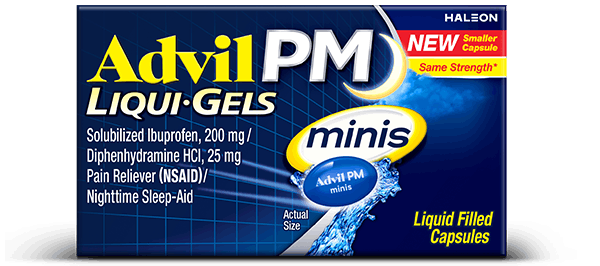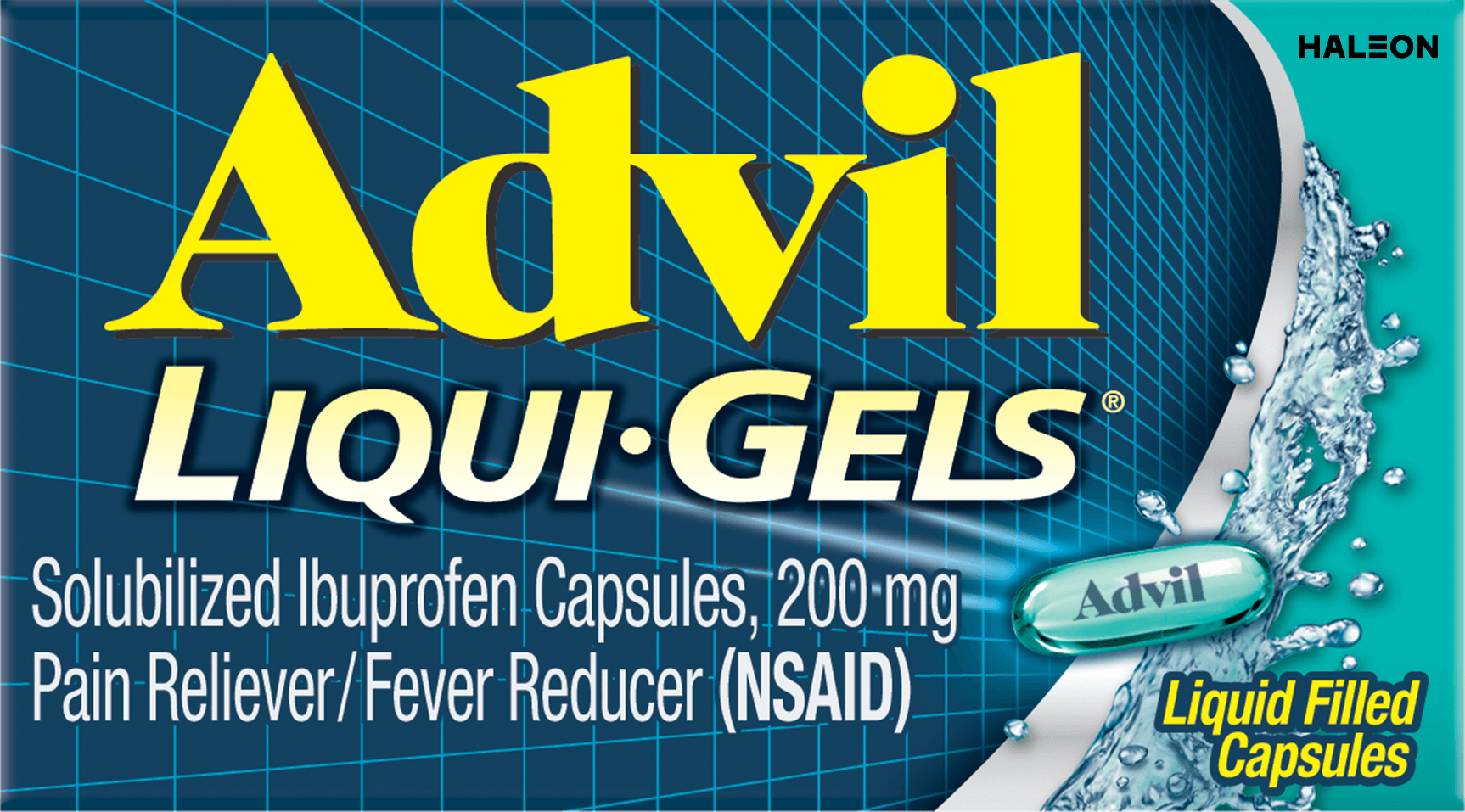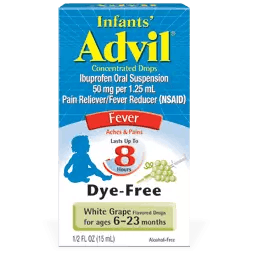How Do Decongestants and Ibuprofen Work?
Treatment Options

To understand how decongestants and ibuprofen work, it helps to understand what causes the symptoms of a cold or flu. Nasal congestion is often a result of swelling in the nasal and sinus tissue caused by inflammation, not necessarily excess mucus. Therefore, it’s important to treat the whole problem with a decongestant and a pain reliever, like ibuprofen.
How Decongestants Work
Decongestants are some of the most common over-the-counter drugs used to alleviate cold and allergy symptoms. When people feel the pressure congestion can cause throughout the face, they look for a treatment that brings relief and allows them to breathe easy again—and decongestants do just that.
Very few people understand the complex process by which decongestants like phenylephrine are able to ease their symptoms. Many assume that decongestants break up the mucus they imagine is causing their congestion, but mucus is not the problem. Congestion is swelling of the epithelial tissue lining the nose and sinuses caused by inflammation. To relieve congestion as well as sinus pain and pressure this swelling must be reduced.
How Ibuprofen Works
Ibuprofen is a non-steroidal anti-inflammatory drug (NSAID) that most people use to reduce headaches, treat soreness and eliminate pain throughout the body. When you get muscle ache, a headache, or a common cold, cells send out chemical signals. These signals are present to allow people to recognize pain and discomfort and do something about it. The body also responds to pain by releasing an enzyme known as cyclooxygenase (COX), which enables the brain to recognize painful stimuli including fever and inflammation.
Ibuprofen is classed as an anti-inflammatory drug, because it partially blocks the COX enzyme, which consequently blocks the chemical messengers that signal pain. As a result, the stimuli are blocked from getting to the brain, so we don’t feel the pain.
Why Treating Pain and Congestion is the Best Choice
Because pain and congestion are important symptoms of a cold, it makes sense to take medication that actively minimizes the impact of both, like Advil Sinus Congestion & Pain that utilizes phenylephrine, an effective decongestant, in combination with ibuprofen, to relieve the pain that often accompanies nasal congestion. The decongestant reduces swelling, which allows the nasal and sinus airways to expand to their natural state and permits oxygen to resume its normal rate of flow. As a result, cold-sufferers may feel more clear-headed and experience less discomfort than they would by only taking one or the other.







